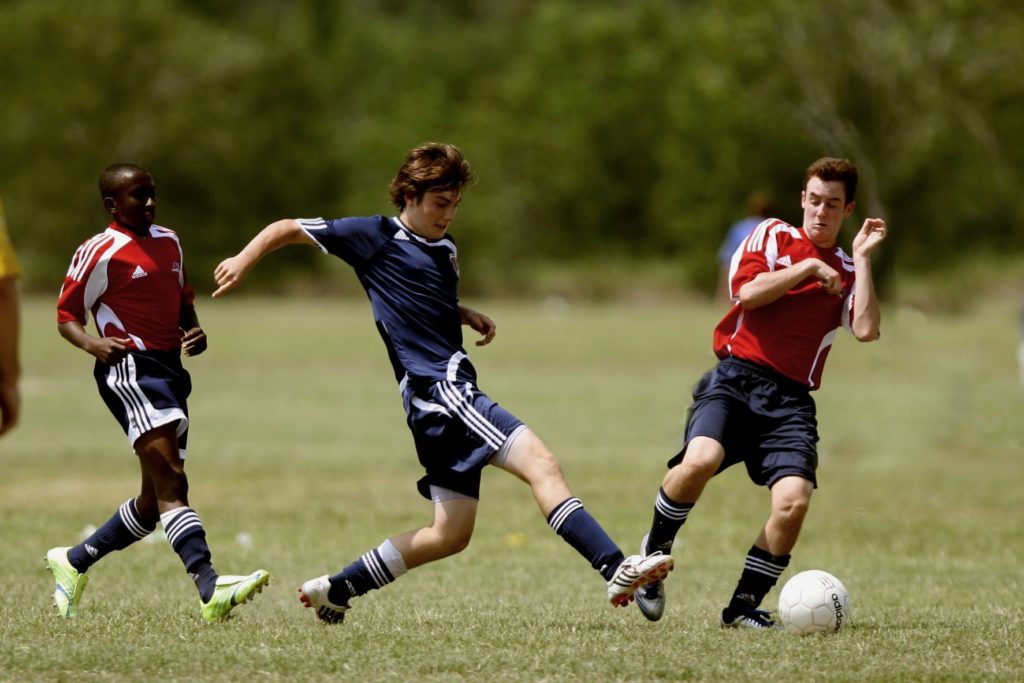So many difficulties in the way we live our lives can be traced back to our earliest development – while we were in the womb or during infancy. The brain develops hand in hand with movement – and if things don’t progress quite as they should, it can mean we always have some degree of problem with physical movement and the ways our brain works. We can spot physical signs of brain dysfunction through posture and movement, and these signs may reveal where things have gone wrong, and what has been holding us back. By addressing these undeveloped movement patterns, which INPP calls neuromotor immaturity, the brain can develop as originally intended.
The signs I look for are baby reflexes – also called primitive reflexes. These automatic movements are essential to the development of more intentional movements, and also to the development of the nervous system. They do this job from about 5 weeks after conception to about 18 months of age – but they should be replaced by more adult reflexes throughout this early period of development. Where they persist, the individual usually finds ways around them, but it can be exhausting and it doesn’t always work. The programme enables these primitive reflexes to be integrated, which can unblock normal brain development and get life back on track.

What is INPP? The Institute for Neuro-Physiological Psychology (INPP) based in Chester was founded 40 years ago by psychologist Peter Blyth, and has become a centre of excellence for dealing with neuromotor immaturity and reflex integration. Sally Blyth has continued the work, and written many books on the topic.
To find out more about the impact of reflex therapy on children and families, you might like to watch the recent documentary Attention Please on Amazon Prime.
